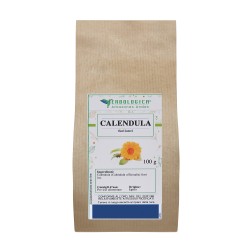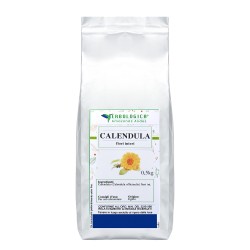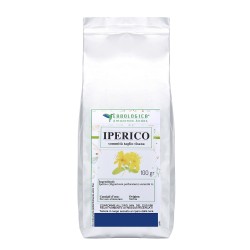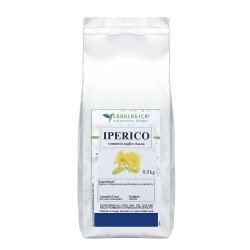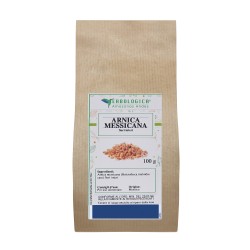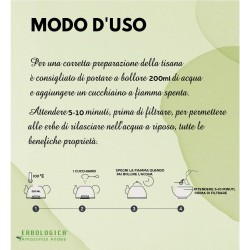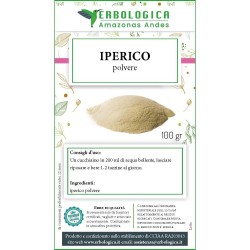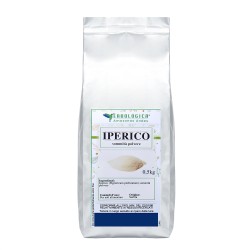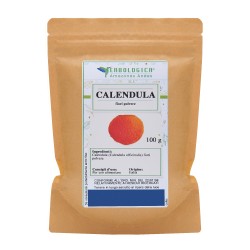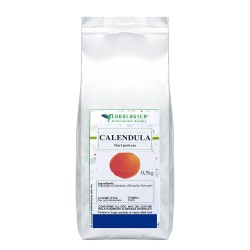
I benefici dell’arnica come rimedio naturale per dolori e tensioni
Un fiore antico che accompagna gesti quotidiani di cura
L’arnica è una delle piante più conosciute nella tradizione erboristica europea quando si parla di fastidi fisici legati alla vita quotidiana.
Il suo utilizzo si è consolidato nel tempo accanto ad altre piante officinali come calendula e iperico, creando un patrimonio di pratiche semplici, legate all’osservazione della natura e ai bisogni concreti del corpo.
Benefici tradizionali dell’arnica
Nella tradizione naturale, l’arnica è associata a momenti di affaticamento, tensione e rigidità localizzata.
Viene apprezzata soprattutto per l’uso esterno, all’interno di preparazioni pensate per accompagnare il recupero dopo sforzi fisici o giornate intense.
La sua presenza nelle routine naturali è legata a gesti lenti, come il massaggio, che favoriscono una sensazione di comfort e distensione dei tessuti.
Benefici tradizionali della calendula
La calendula è conosciuta per il suo carattere delicato e riequilibrante.
Nelle pratiche erboristiche viene spesso scelta quando la pelle appare stressata, arrossata o sensibile.
Il suo utilizzo è legato a una sensazione di morbidezza e armonia, rendendola adatta anche a routine quotidiane di cura, soprattutto quando si desidera un approccio più dolce e graduale.
Benefici tradizionali dell’iperico
L’iperico, noto anche come erba di San Giovanni, è tradizionalmente utilizzato in preparazioni oleose destinate all’uso esterno.
Viene associato a momenti di distensione e rilassamento, soprattutto attraverso massaggi lenti e prolungati.
La sua presenza nelle pratiche naturali è legata a rituali semplici che privilegiano il contatto e l’ascolto del corpo.
Come si inseriscono queste piante nella tradizione naturale
Arnica, calendula e iperico condividono un approccio comune: accompagnare il corpo nei piccoli disagi quotidiani senza forzature.
La loro combinazione nasce dall’esperienza tramandata nel tempo, dove ogni pianta trova il proprio spazio in base alla sensibilità personale, al momento della giornata e al tipo di esigenza percepita.
Preparazioni erboristiche e utilizzo pratico
Nelle routine più diffuse, l’arnica viene utilizzata sotto forma di unguento, applicato localmente con un massaggio lento e consapevole.
Da noi trovi l’unguento di arnica pronto all’uso, ideale per accompagnare momenti di rilassamento dopo l’attività fisica.
L’arnica fiori taglio tisana viene invece impiegata per preparazioni esterne tradizionali, come impacchi o applicazioni locali.
Calendula e iperico completano queste pratiche quando si desidera un’azione più delicata o un massaggio più prolungato.
Su Erbologica.it trovi tutte queste erbe nei formati 100 g, 500 g e 1 kg.
Abbinamenti e consigli nella routine quotidiana
Queste piante possono essere utilizzate singolarmente oppure alternate nel tempo.
L’arnica è spesso scelta nei momenti di maggiore tensione, mentre la calendula trova spazio nelle cure quotidiane della pelle.
L’iperico è tradizionalmente preferito nei massaggi serali o nei periodi di cambio stagione, quando il corpo richiede maggiore attenzione e lentezza.
Per continuare questo percorso naturale, puoi leggere anche i contenuti dedicati alle piante officinali per la cura della pelle e alle preparazioni erboristiche tradizionali per il benessere quotidiano.
Se desideri approfondire una pianta dal carattere più delicato, potresti apprezzare anche "Calendula officinalis e la sua naturale azione lenitiva".
Domande frequenti
A cosa serve l’arnica nella tradizione naturale?
Viene utilizzata principalmente per applicazioni esterne legate a tensioni e affaticamento.
Calendula e arnica possono essere usate insieme?
Sì, vengono spesso abbinate nelle routine naturali per un approccio più equilibrato.
In che forma si usa più spesso l’iperico?
Tradizionalmente sotto forma di oleolito o preparazioni per massaggi esterni.
Queste piante sono adatte all’uso quotidiano?
Nelle pratiche tradizionali vengono inserite con gradualità e ascolto personale.
Le preparazioni erboristiche richiedono rituali complessi?
No, si basano su gesti semplici e ripetibili nella vita di ogni giorno.
Contenuto esclusivo per erbologica.it – aggiornato a dicembre 2025


